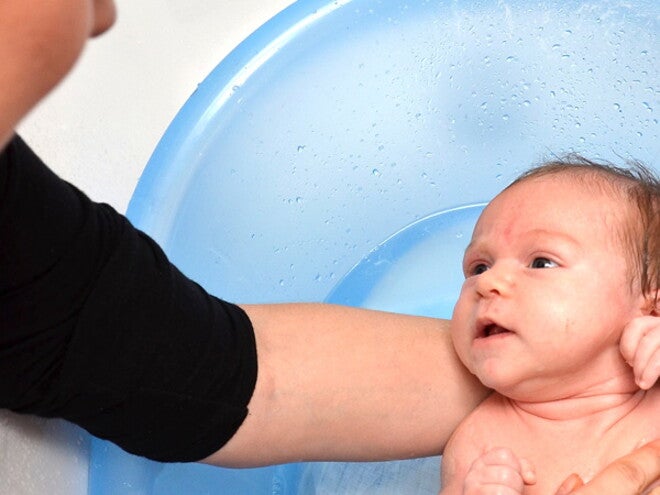
Bathing
Use your hospital stay to learn how to bath your baby. Babies usually have their first bath about an hour after birth. This may vary slightly, according to hospital policy and the condition of the baby.
At home, bath your baby at the most convenient time for you. It is not essential to bath your baby every day – you can alternate with “topping and tailing”.
Bath time suggestions
- Bath time should be a pleasant experience for you and your baby.
- Make it a fun time of undivided attention to your baby.
- Try to establish a bath routine, preferably before a feed.
- Prepare the room before you begin, with everything you need at hand, including the clothes.
- The room temperature should be between 20°C and 22°C.
- The temperature of the water should not be higher than 37°C.
- Dip your elbow, not your hand, into the water to test the temperature.
- Never turn your back or leave your baby unattended.
- Apply baby care products to your own hands first, then to your baby’s skin.
- Use a baby bath if you wish, but from an early stage, try to take your baby in the bath with you or your partner. This can be a special time when you relax with your baby in the water.
- Your baby will discover the pleasures of relaxation and the joy of cleanliness.
Related articles

The Apgar score
Apgar:
A system of evaluating a newborn’s physical condition by assigning a score (0,1, 2) to each of the following criteria:
5 mins to read
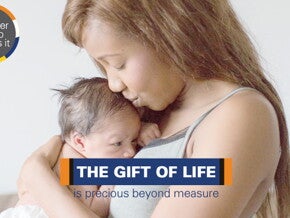
Breastfeeding Videos
A Breastfeeding experience which is enjoyable and beneficial to both mom and baby depends on a relaxed, well-nourished mother who approaches this experience positively and with confidence.&nb
5 mins to read

Foundation of life
Breastmilk is uniquely designed for each individual baby!
5 mins to read
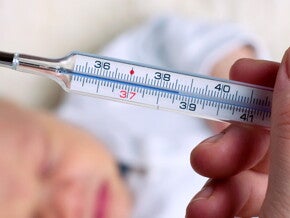
Possible problems
If you are ever concerned about your baby’s health, behaviour or development, consult your doctor or clinic sister. It is better to be safe than sorry.
5 mins to read

Rashes
A young baby’s skin passes through many phases, from clear to spotty (rash), to peach-like. This may be due to the transition from a protected environment in the womb to the outside world.
5 mins to read

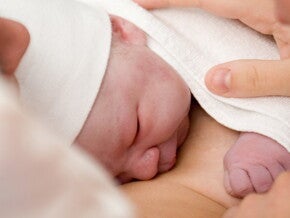
My newborn
Parent-infant interaction
Interaction with your baby begins before she is born. You usually feel life at about 20 weeks into pregnancy as light, fluttering sensations.
5 mins to read
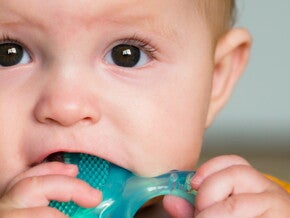
Teething
First teeth! Consult your dentist about fluoride for your child’s teeth. Until a child learns to brush his teeth, the mother must clean them for him.
5 mins to read

Medical Care
Clinics and primary health services are freely available in most countries in Southern Africa. Locate your closest clinic and the telephone number from your local authority or hospital.
5 mins to read

Sleeping
Babies all have individual temperaments, which will affect their sleep patterns. Some are sleepy and others more alert and wakeful.
5 mins to read

Immunisation
The aim of immunisation is to prevent disease. It protects the community as well as individuals.
5 mins to read

Crying
A new baby cries a great deal of the time. It is her only way of communicating. It is difficult at first to know why she cries, but your ability to interpret her cries will improve with time.
5 mins to read
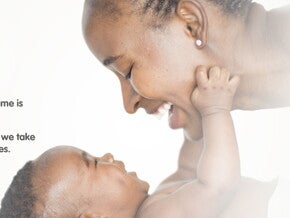
Schedule and routines
Routines are difficult to establish with a new baby. You may feel as if your life revolves around the insatiable needs of your baby.
5 mins to read

Clinics and postnatal support
Clinics and primary health services are freely available in most countries in Southern Africa. Locate your closest clinic and the telephone number from your local authority or hospital.
5 mins to read


Returning to Work From Maternity Leave
Taking care of a newborn baby is a full time job which requires dedication from you and your family.
4 mins to read

Becoming a parent
Becoming a parent is full of Excitement
The first six to eight weeks after your baby’s birth is known as the post-partum period, a time of physical and emotional readjustment.
1 min to read

Weight gain
Birth weight depends on several factors, including the mother’s nutritional status and genetic disposition. The average weight for a newborn is around 3,3 kg.
5 mins to read

Don’t forget your support system
An action plan for your family and friends.
5 mins to read